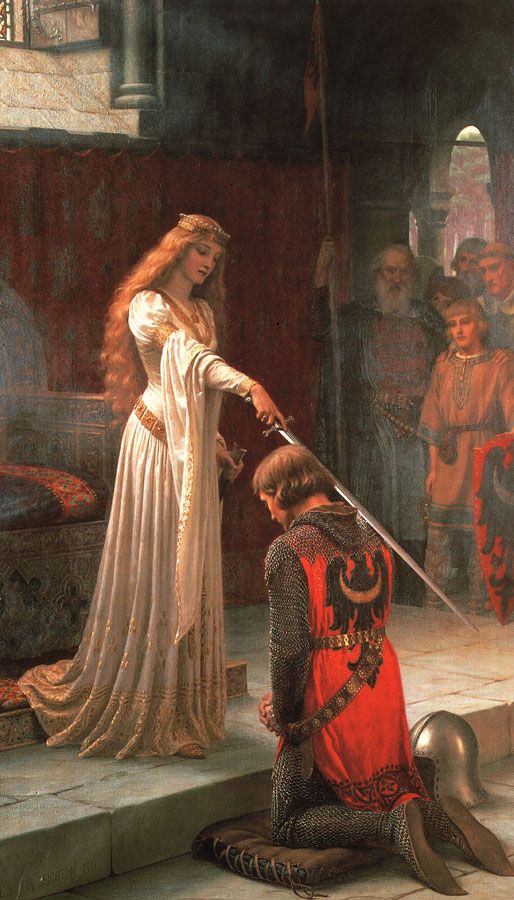March 04, 2005
A Knight's Tale

The king of computer software Bill Gates has received an honorary knighthood from the Queen.What comes to most of our minds when we think of Bill Gates is not nobility, but rather wealth and success. However, Gates does use his wealth for many projects which do have global significance. However, not everyone agrees with the appropriateness of this award.Mr Gates, 48, the world's wealthiest man, said it was "a great honour" to be recognised for his business skills and for his work on poverty reduction.
click for
Bill's Mug ShotsThe Queen had spoken to him about using computers, he said after a private audience with her. As an American citizen he cannot use the title "Sir" but will be entitled to put the letters KBE after his name. -- Source.
According to the UK Foreign & Commonwealth Office, the honorary knighthood recognizes Gates’ contributions to improving health and reducing poverty in parts of the Commonwealth and elsewhere in the developing world. Gates also was recognized for his contribution to enterprise, employment, education and the voluntary sector in the United Kingdom. Source.
The mission statement of Microsoft appears to be noble:
At Microsoft, we work to help people and businesses throughout the world realize their full potential. This is our mission. Everything we do reflects this mission and the values that make it possible.
 And Gates himself participates in numerous altruistic projects. Recently speaking at the Government Leaders' Forum, he began his speech:
And Gates himself participates in numerous altruistic projects. Recently speaking at the Government Leaders' Forum, he began his speech: It's really exciting for me to be here and talk about some of the things Microsoft is doing with governments using the advances in IT technology. As I looked over the attendees for this meeting, I was very impressed at the group we've gotten together here, and I think as much as the value of my presentations and others is, I'm sure that networking between all of you in terms of projects that are working well or that you're looking at or some guidance for the future will probably be as big a value out of this conference as anything.Microsoft has also assisted in research on AIDS:
Microsoft Research is working with leading doctors and scientists to use advanced computer science techniques in the fight to slow or stop the HIV/AIDS pandemic. Microsoft researchers are applying software algorithms similar to those used on computing challenges such as managing computer databases, compressing digital files or blocking spam e-mail to overcome roadblocks in the hunt for an HIV vaccine.In We're All Swimming in the Same Pool, Bill Gates noted:
Satirist Ambrose Bierce described the future as "that period of time in which our affairs prosper, our friends are true, and our happiness is assured." I hope that turns out to be true, but mostly I take a more realistic view of the future because no fundamental change comes without its own set of problems. As more and more people store personal information on the Internet, how will we ensure that information is kept secure? As our economy becomes more dependent on bits than on atoms, how will we protect these resources from being damaged or devalued by hackers? As the barriers to information come down, how will we protect our children from negative and predatory influences? And as the Internet dissolves national borders, how will we help indigenous cultures coexist with an increasingly homogenous global culture?I want my children to grow up in a world where technology is a profoundly empowering tool. I want technology to enrich their learning and improve their quality of life. I'm totally committed to making this happen, both through Microsoft and through my own giving efforts, and in many ways it's more challenging than the hardest software problem. You can't just throw technology, or even money, at problems and make them go away--you have to think hard about how you can have the greatest and most beneficial effect, and then take a long-term approach to making substantial, tangible change.
Yet others are outraged by the knighting of Bill Gates.
The award, for "his outstanding contribution to enterprise," was actually announced -- and criticised -- last year, but many readers still had plenty of spleen left to vent today.So the question is, does Bill Gates possess knightly virtues?Perhaps she should have sent him to the Tower instead: Microsoft is a convicted monopolist, as software engineer Chris Rankin pointed out: "Bill Gates' business practices have violated antitrust laws in both Europe and the US. This is not something for which he should be honoured in any shape or form." An anonymous reader added "Bill Gates should be imprisoned for Microsoft's business practices, not knighted."
No, tell us what you really mean… "Microsoft has done more than any other company to hold back the development of IT solutions the world over," said Matt Webber. "They have clearly shown with their Internet Explorer software that their aim is to extinguish competition, then drip-feed product updates from their monopoly to the world charging them for the privilege every time. And how did they extinguish competition? By the use of illegal business practices." -- Source.

